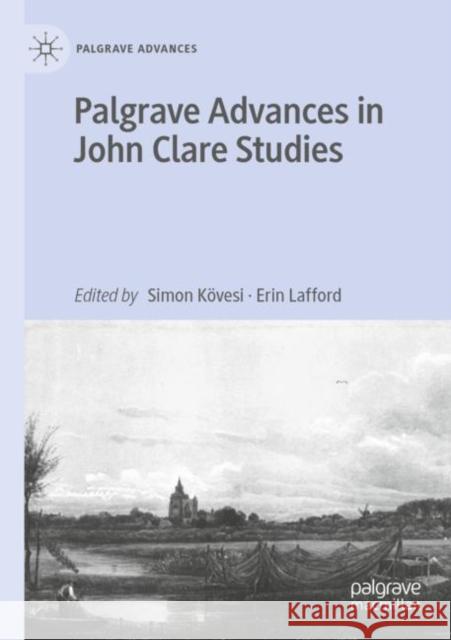Palgrave Advances in John Clare Studies » książka
topmenu
Palgrave Advances in John Clare Studies
ISBN-13: 9783030433734 / Angielski / Miękka / 2020 / 317 str.
Kategorie:
Kategorie BISAC:
Wydawca:
Palgrave MacMillan
Seria wydawnicza:
Język:
Angielski
ISBN-13:
9783030433734
Rok wydania:
2020
Wydanie:
2020
Numer serii:
000304218
Ilość stron:
317
Waga:
0.44 kg
Wymiary:
21.01 x 14.81 x 1.91
Oprawa:
Miękka
Wolumenów:
01
Dodatkowe informacje:
Wydanie ilustrowane











